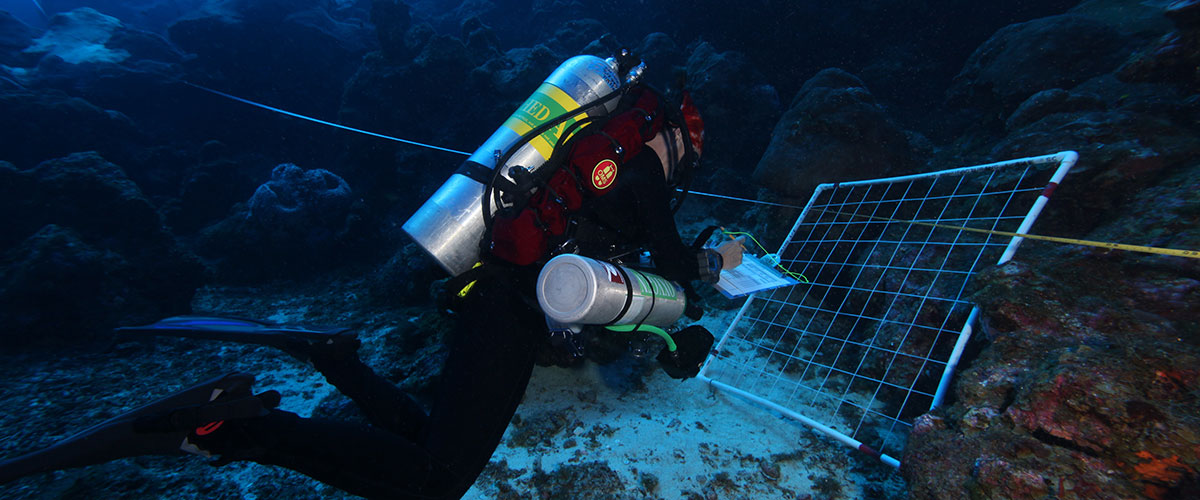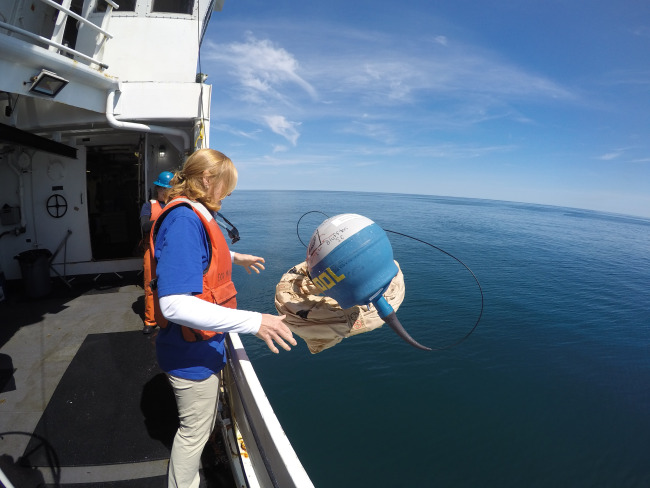
So You Want a Career in Marine Conservation
Working in marine science and conservation is a dream job for many, but some people don’t pursue it as a career because they think it is only for people who have a Ph.D. in marine biology. That is not the case. The industry has a place (and need) for all kinds of professionals and passionate people! If you are wondering if this could be the career for you, here’s what you need to know.
Available Jobs
Marine conservation organizations need professionals from a variety of backgrounds to achieve their missions. Many of the same jobs you would have in any business are available. The industry needs accountants, graphic designers, lawyers, and marketers. There are careers in resource management, education, and computer operations. Policy analysts, grant writers, researchers, volunteer coordinators, non-profit managers, civil engineers, and fundraisers are needed.
No matter your skillset, putting it to use in the marine conservation field can be exceptionally rewarding.
Enthusiasm And Passion For Our Aquatic World
It is not an exaggeration to say that people in marine science are out to save the world, or at least their piece of it. They are driven by a passion and enthusiasm for our ocean and Great Lakes, the creatures that reside within, and the communities and individuals who rely on aquatic resources.
Take advantage of opportunities to express your passion by staying informed on what’s going on in the marine conservation field. Visit aquariums and marine sanctuaries. Check out conservation groups’ websites and social media accounts. Take a class, attend a workshop, or participate in volunteer efforts.

Volunteering, Internships, and Professional Development
Volunteering and internships are great ways to explore different career paths in marine conservation.
The ocean affects us all, whether we live on the coast or in the mountains. Getting involved is not only possible, but easy. Even if you don’t live anywhere near the ocean, there are plenty of opportunities to start volunteer work. If you happen to live in a state that’s not near the ocean or Great Lakes, like Colorado, check out opportunities for volunteer work with organizations like the Colorado Inland Ocean Coalition. For those who have quick access to beaches or coastlines, there are tons of hands-on options like beach clean up and school ocean conservation programs. If you’re interested in education and outreach, you can even start programs with your school. It is the smallest acts for change that have the biggest impact, so start volunteering in your free time.
Another great way to pursue your interest in marine conservation is to get an internship, and there are all different kinds available! Internships are a great way to get to know more about a specific organization or career path and are often available in all departments. Other organizations may offer specialized marine conservation training based on what you’re learning, as well as other business skills. These opportunities can be paid, unpaid, earn academic credit, or a mix. If you’re close to a city, there are countless opportunities in offices with everything from science to policy to communications to finance. There are internships available to anyone, no need for a Ph.D. or science degree. Look into your local organizations to see what opportunities are available to you.
If you are a teacher or educator thinking about a career in marine science or looking to bring the ocean to your classroom, there are opportunities to get training and see if it would be a good fit for you. The National Oceanic and Atmospheric Administration (NOAA) offers the Teacher at Sea program to allow teachers to go on research cruises with all expenses paid. The National Marine Sanctuary Foundation also supports workshops for educators as part of its Ocean Exploration Education Alliance Partnership.
There are also local and regional opportunities at many of America’s national marine sanctuaries.
Networking Opportunities
In any career, networking with professionals in the field can lead to job opportunities. In a specialized field such as marine conservation, it’s especially important to network. Internships and volunteering can help create those connections and show potential employers what you can do. Look for conferences like our very own Capitol Hill Ocean Week, lectures, and workshops that marine conservation professionals are holding or attending. They are a passionate and dedicated group. They love to share that passion and talk about issues with people looking to get into the field.
Education
Most positions in marine conservation will have some kind of educational requirement, but the type varies. There are positions for those with a college degree, trade school, fieldwork, or specialized training. Luckily, there’s something out there for everyone at all education levels. It all depends on which path you choose to follow, so if you have an idea of what marine conservation work you’re passionate about, then dig a little deeper into the qualifications for your dream job.
Check out our Career Page to see what job and internship opportunities at the National Marine Sanctuary Foundation are available at this time.
If you have any questions regarding the current opportunities at the Foundation,
please contact our Human Resources Manager, Trevor Jones: Trevor@marinesanctuary.org.
